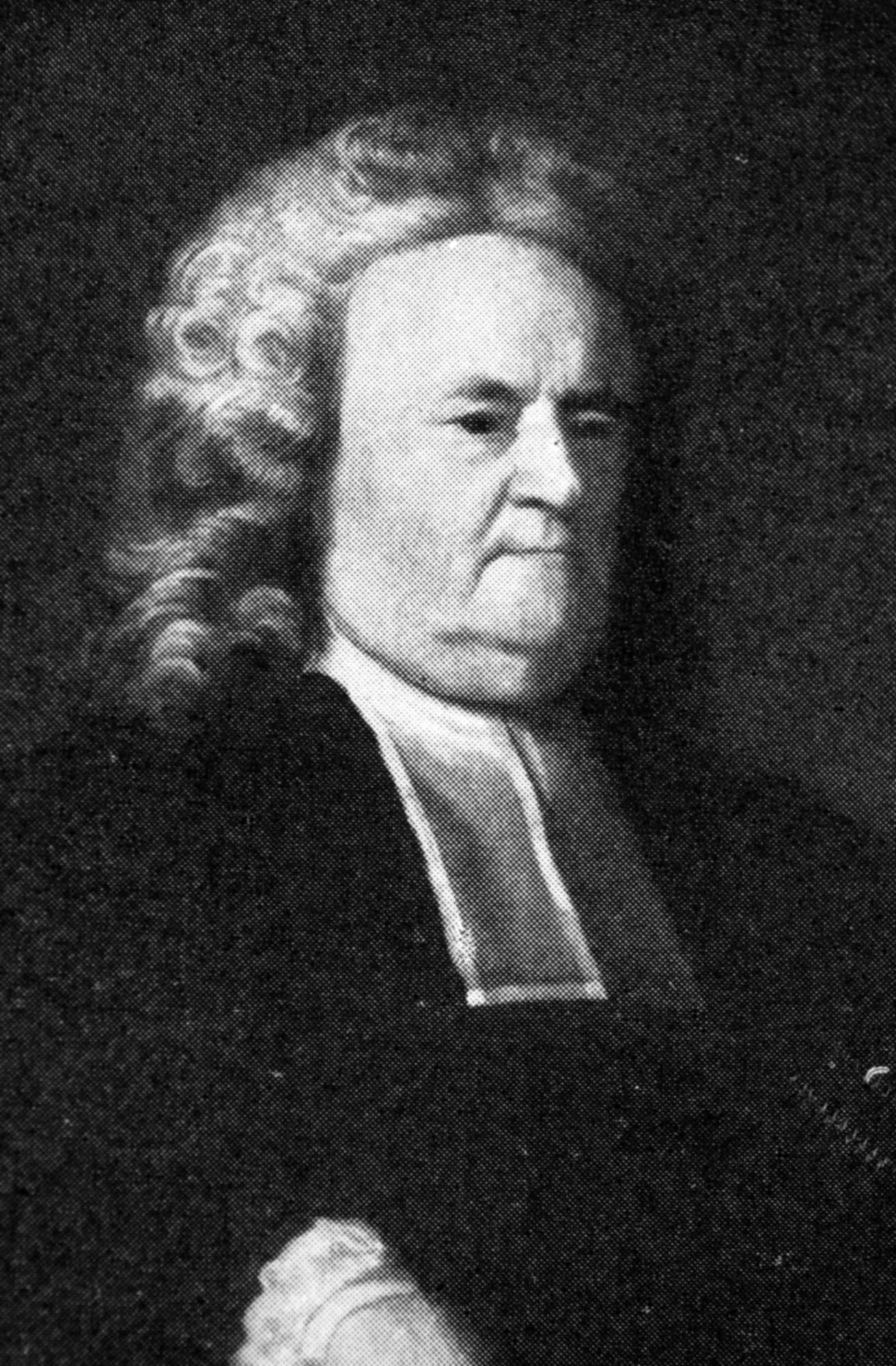Coventina's History Thread: Harvard Makes a Comeback!
In 1640, the colony's founders were desperate for educational cachet. They offered the post of Harvard president to Henry Dunster, a new arrival from England and another graduate of Cambridge University.
The energetic Dunster tapped into the colony's inherent educational edge. Many of the new Puritan arrivals had studied at the Oxford and Cambridge academies: Some 130 alumni of the two schools were in New England by 1646. Dunster himself was a leading scholar in biblical tongues such as Hebrew.
Led primarily by a Protestant culture that stressed reading the Bible, Boston set up the first free grammar school in 1635; within 12 years, every town in Massachusetts was required by law to have one. Harvard's new president mandated a four-year graduation requirement and rode out angry students who protested over a commencement fee. Dunster obtained Harvard's charter and authored the school's "Rules and Precepts." He bankrolled the facilities through donations of livestock and, over the course of 13 years, some 250 pounds of wheat. he took a modest salary, being underpaid through 14 years of service, and piled up personal debts. Fortunately, his wife, Elizabeth Glover, kept a printing press in their home. It was the American colonies' first press, and its profits underwrote her husband's work. Dunster managed to turn the school around. Harvard's reputation soared, and students from throughout the colonies, the Caribbean, and the mother country flocked to newly built dorms.
Henry Dunster

